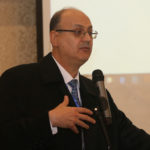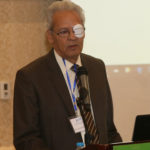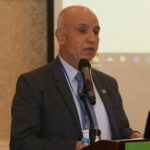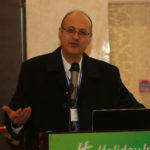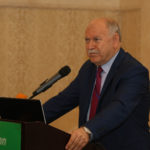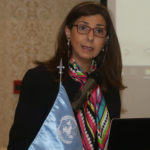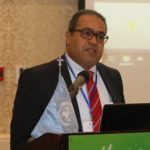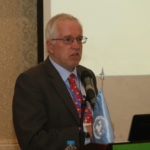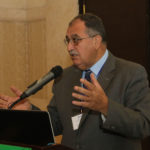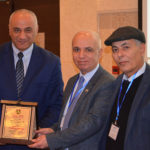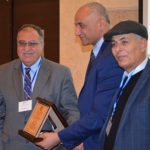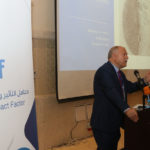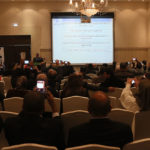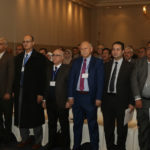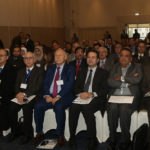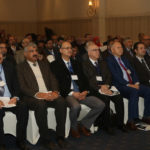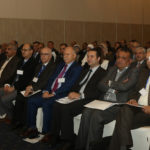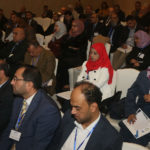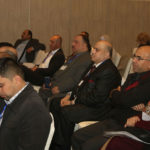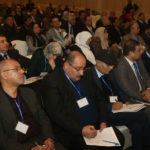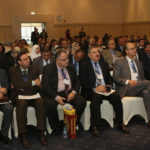The Opening Ceremony
Arab Citation & Impact Factor (Arcif)During the symposium “Improving the international ranking of Arab universities and the role of the Arab Citation Impact Factor (ARCIF)”, held under the patronage of His Excellency, the Minister of Culture.
Speakers
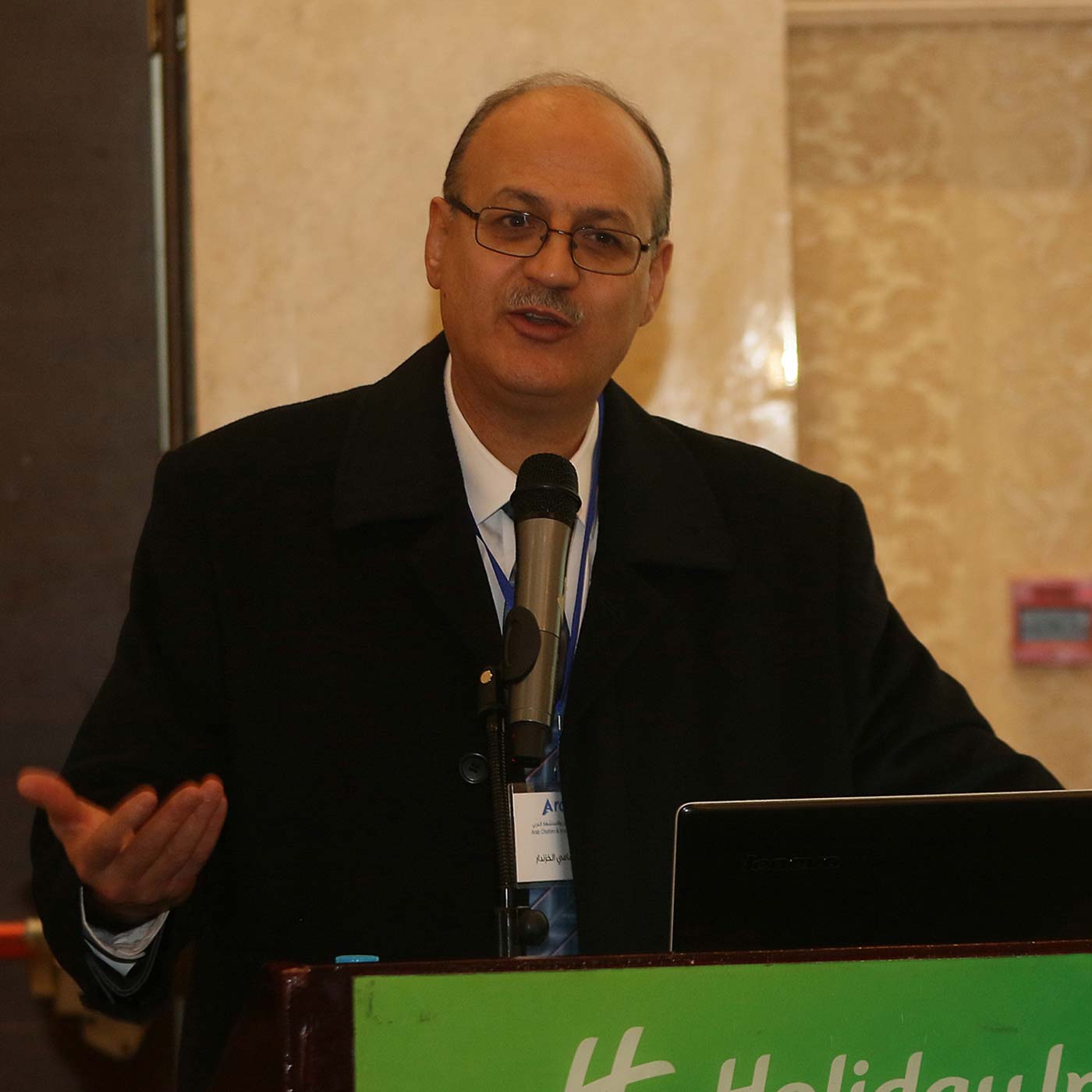
PROF. SAMI AL-KHAZENDAR
Founder of e-Marefa Database and ARCIF Initiative
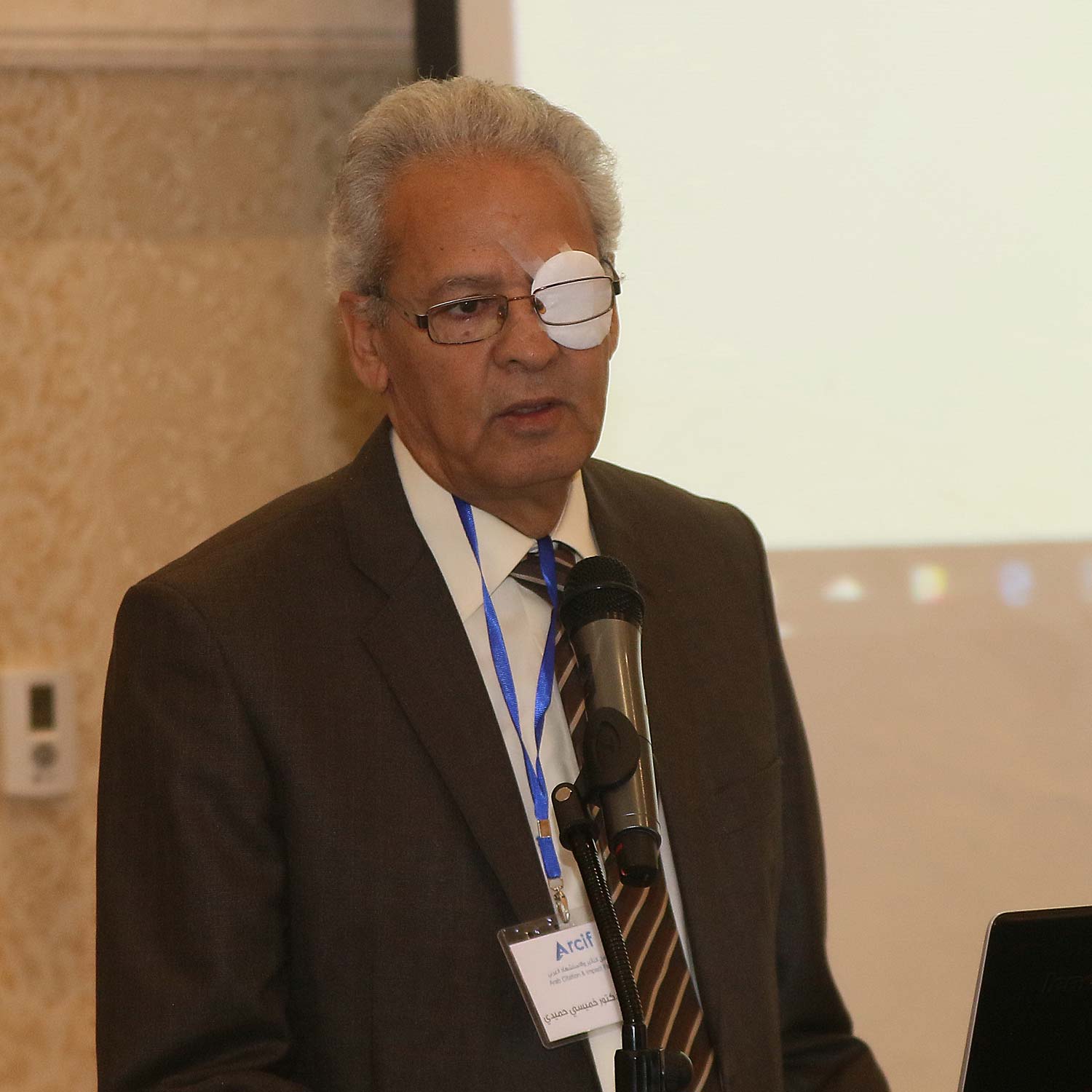
Prof. Khemisi Hamidi
Assistant Secretary General/ Association of Arab Universities
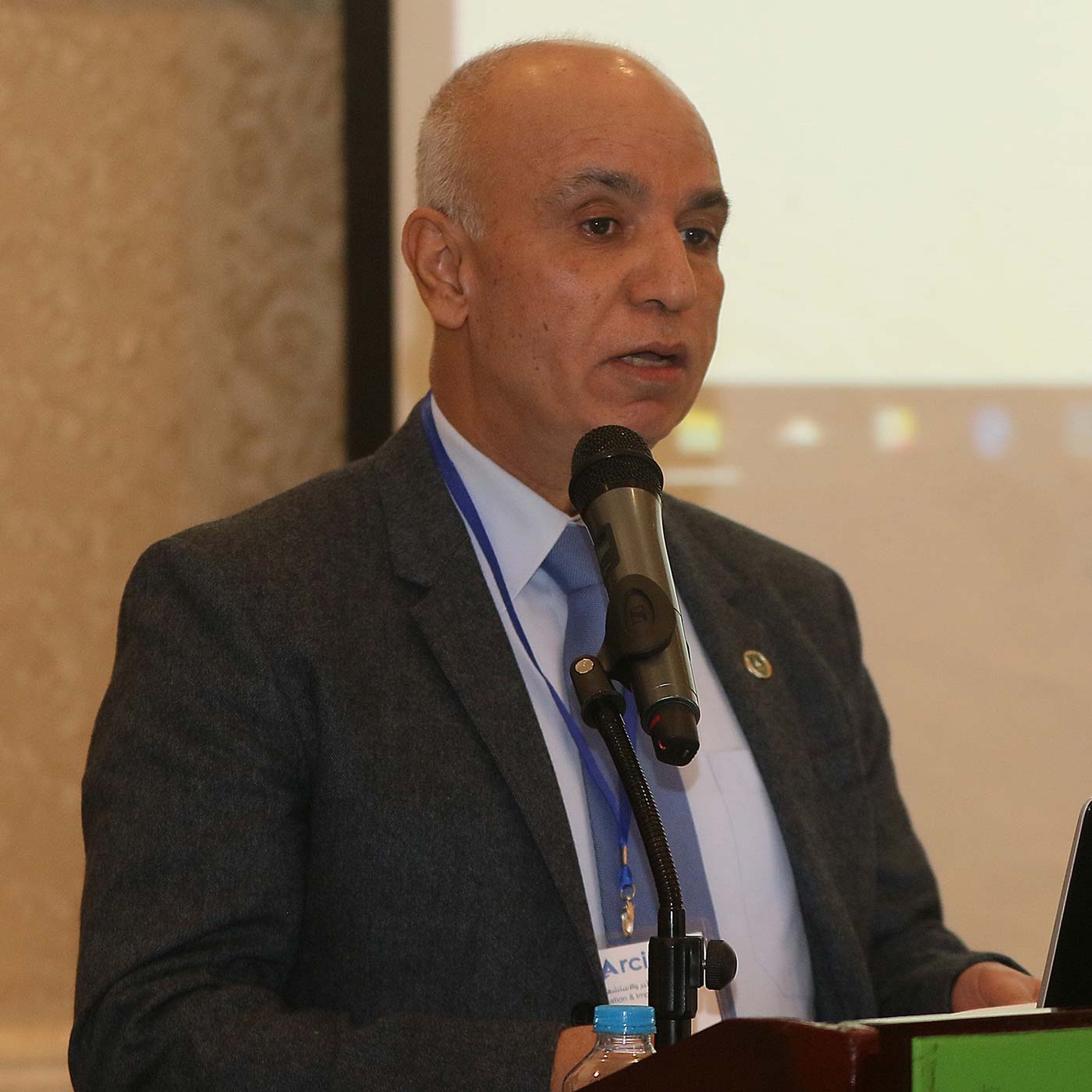
Prof. Ahmad Y. Majdoubeh
Vice- President/ the Jordan University
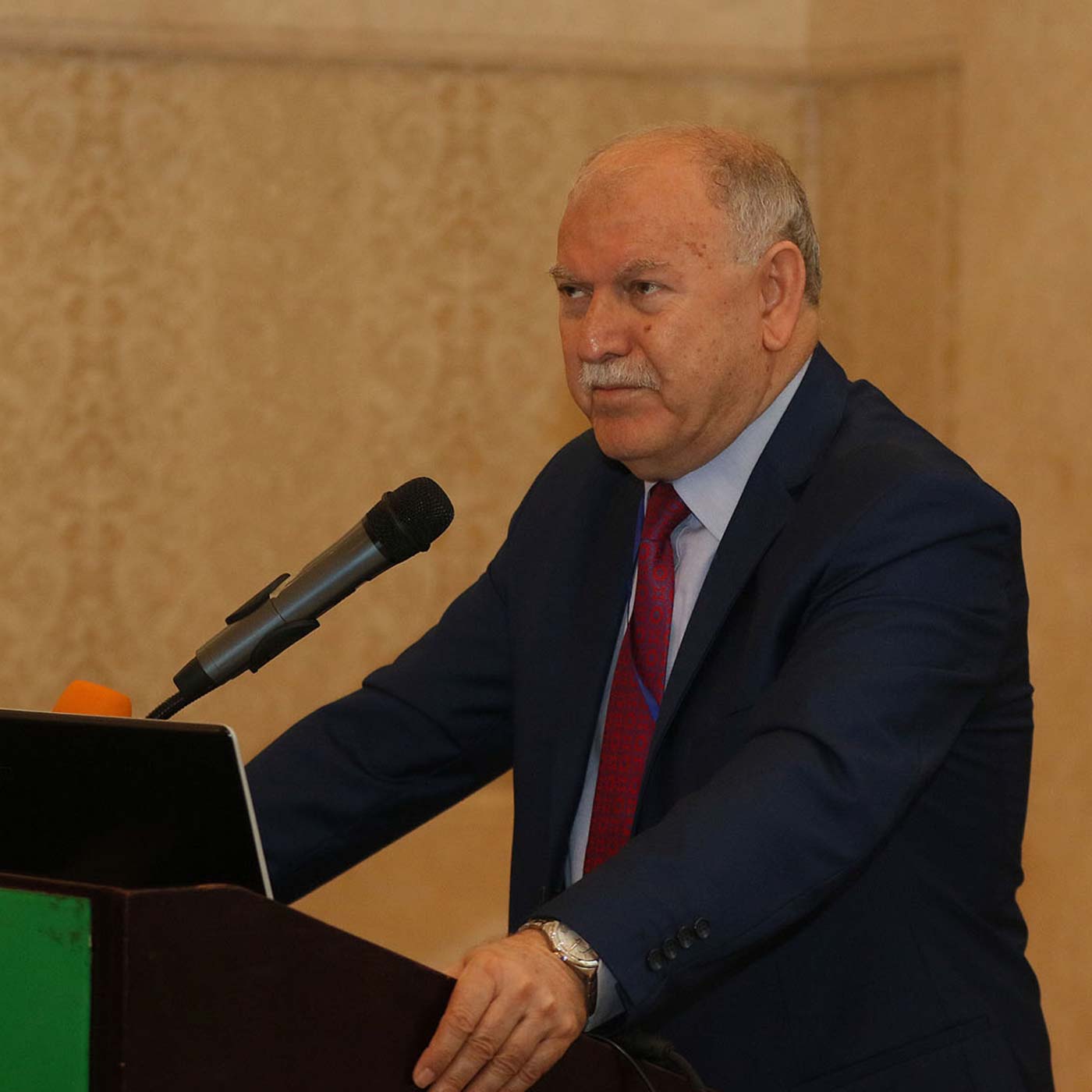
Prof. Sultan Abu Orabi
Former Secretary General – Association of Arab Universities
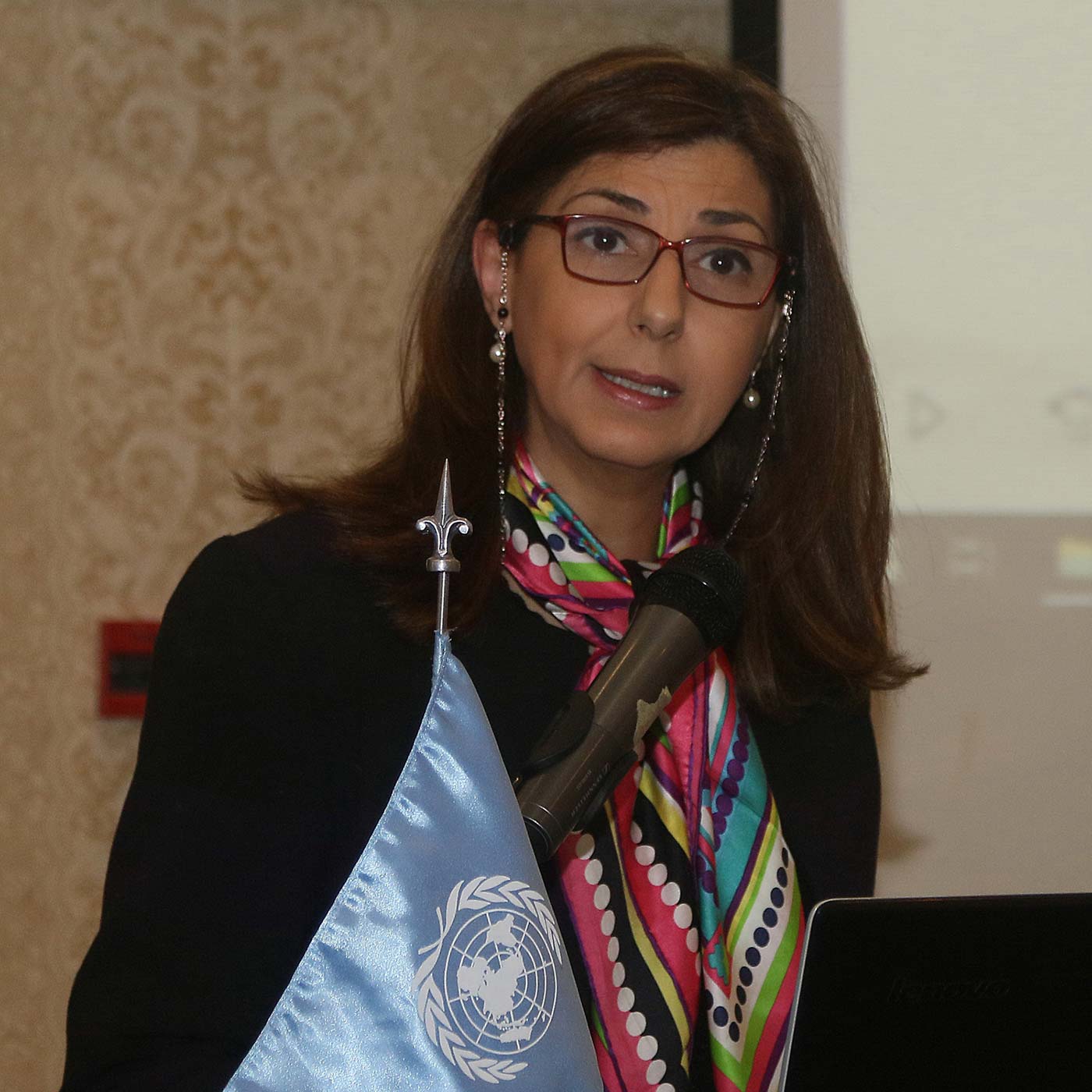
Dr. Reem Najdawi
ESCWA Technology Center – Executive Director
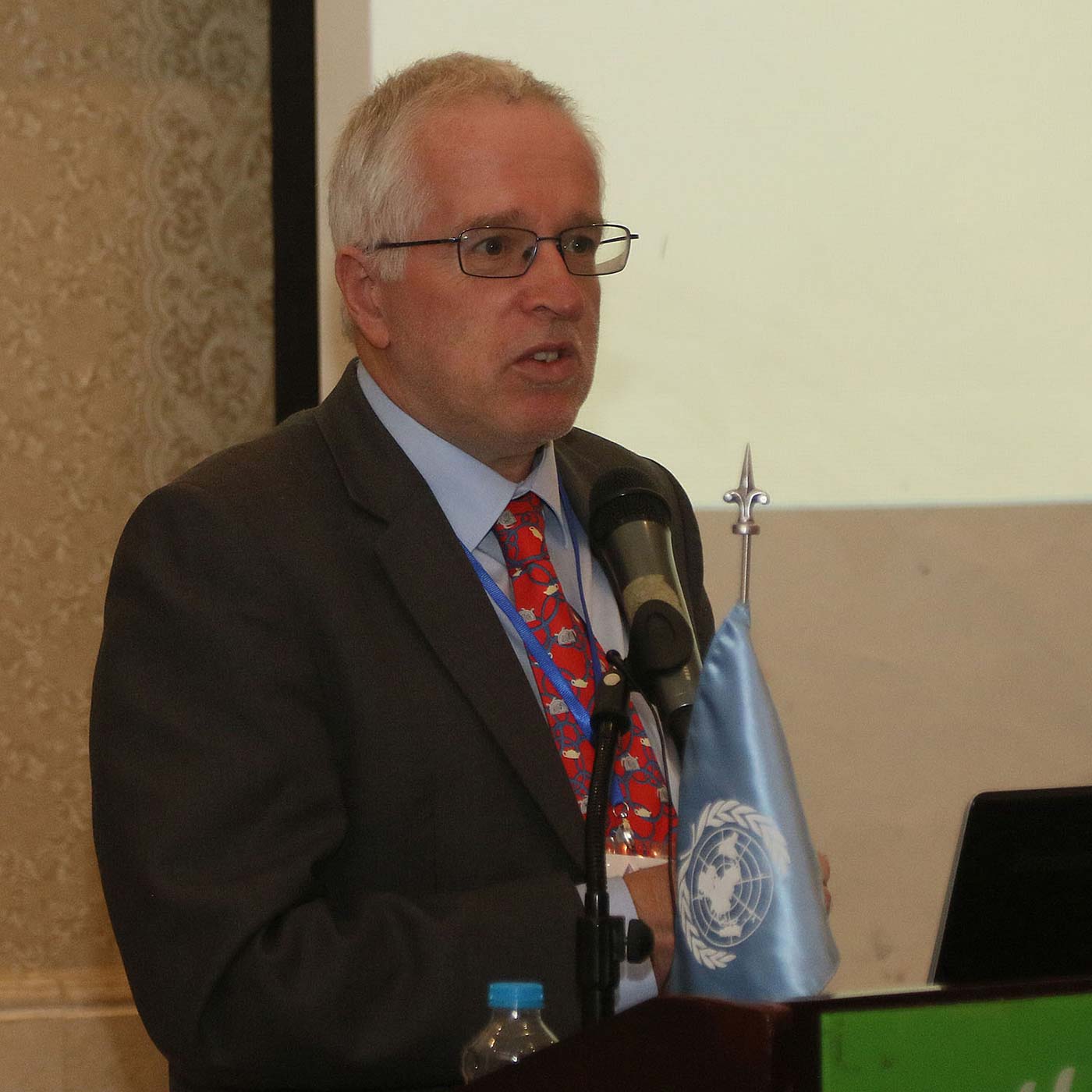
Martin Ince
Chair of the Global Academic Advisory Board/ QS World University Rankings
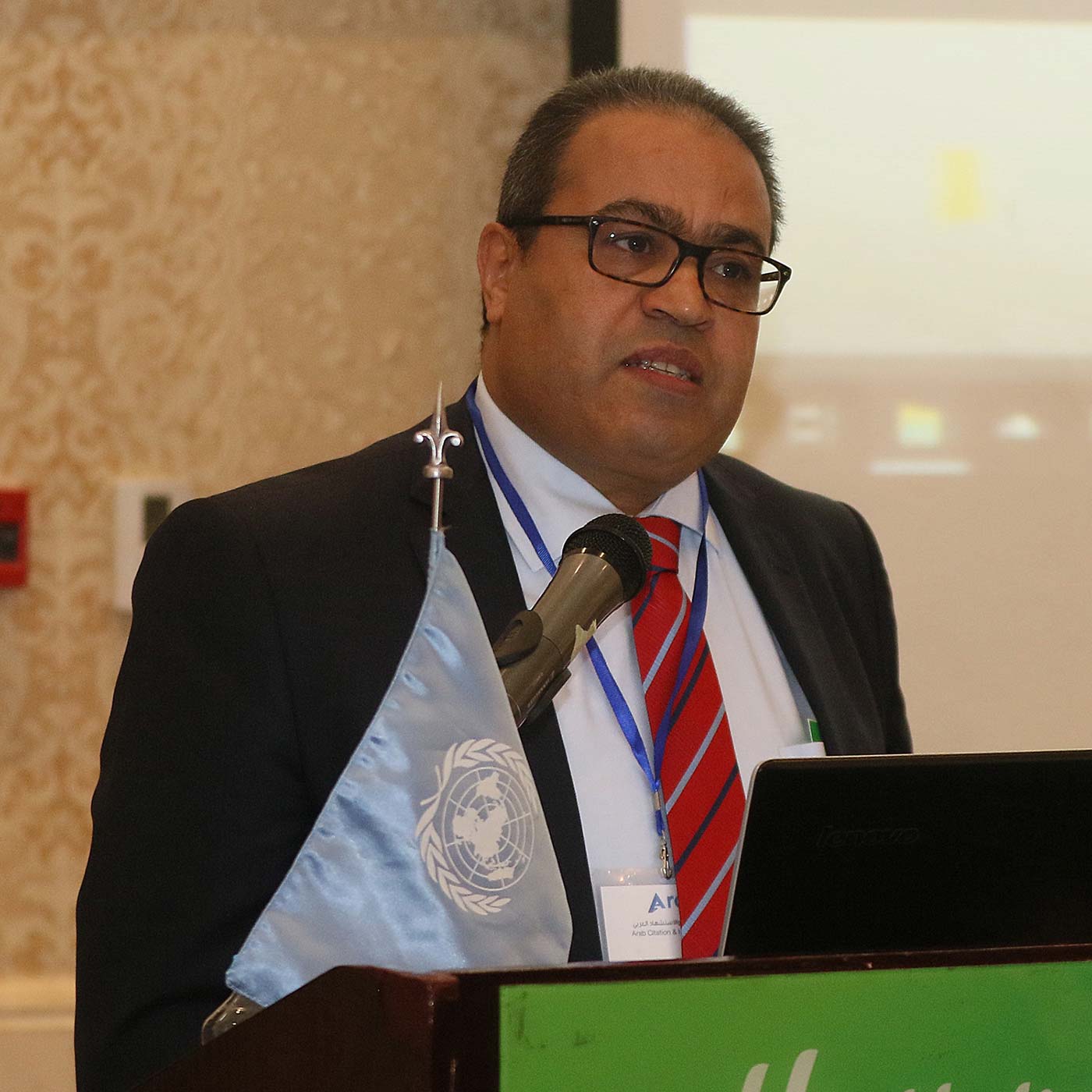
DR. ANASSE BOUHLAL
Programme Specialist (Higher Education)/ UNESCO Regional Bureau For Education in the Arab States
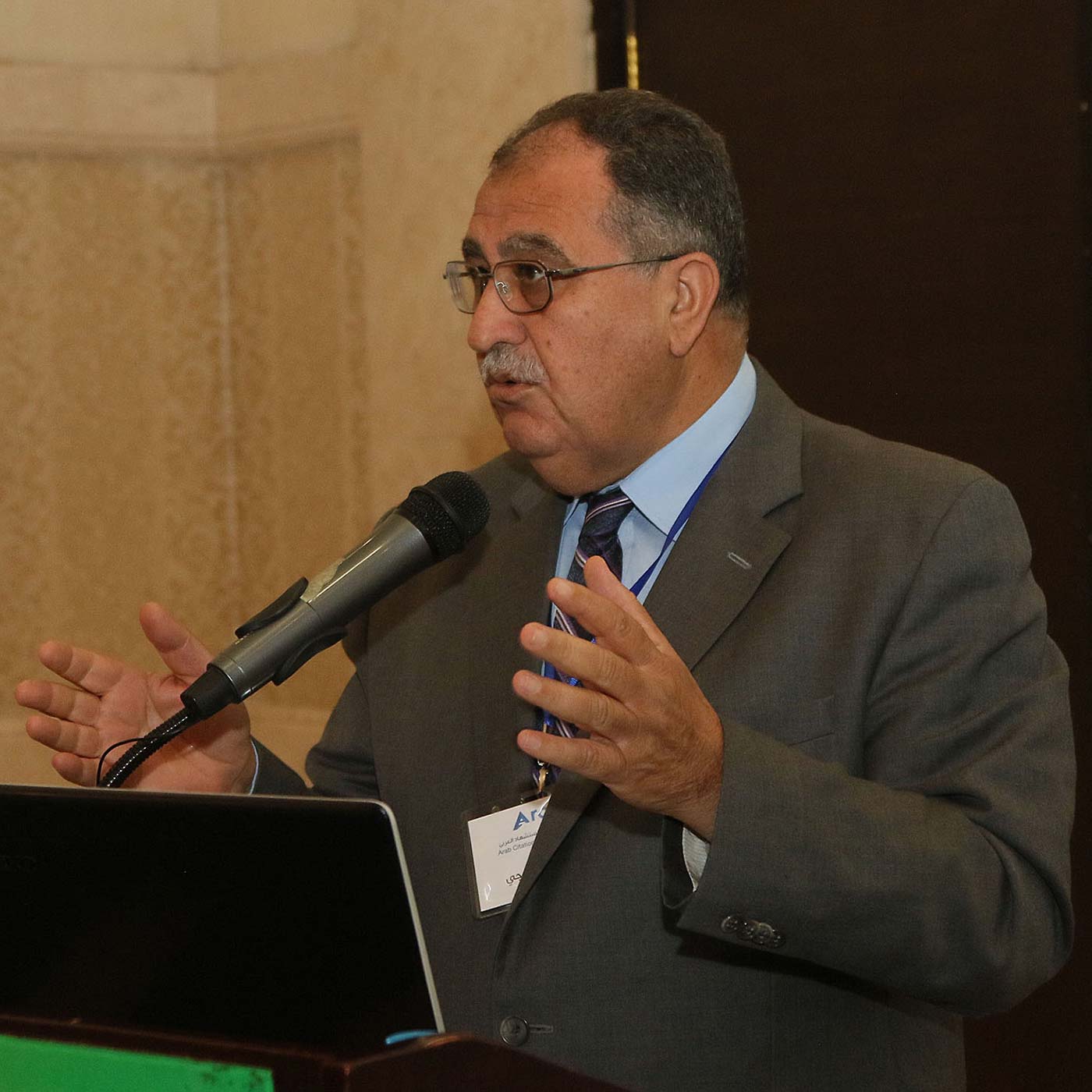
PROF. NAJEEB AL-SHORBAJI
Former Director General for Knowledge, Research and Ethics, World Health Organization (WHO)/ Geneva)/ e-Marefa Advisor
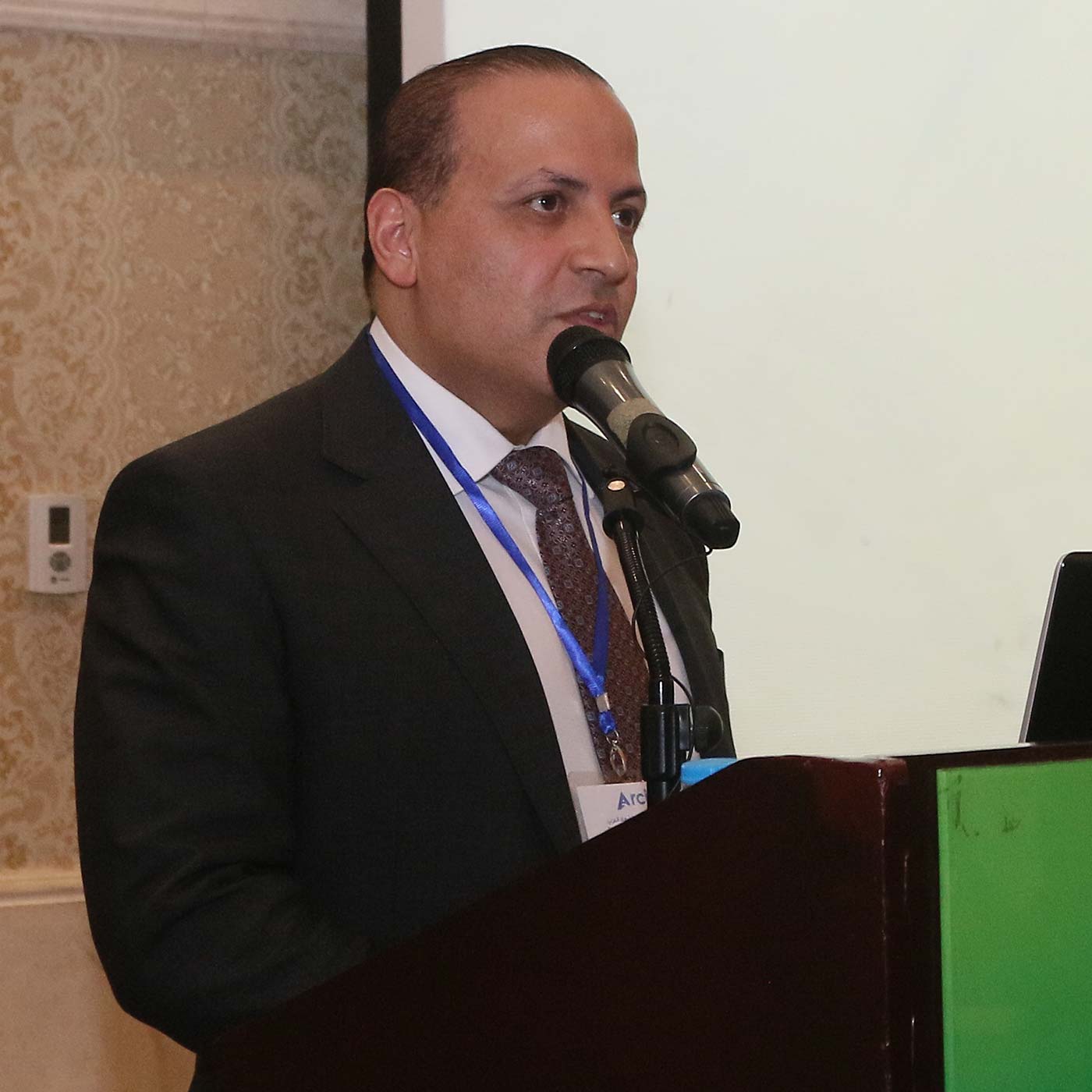
PROF. EZZ HATTAB
President, ALDAR University College in Dubai UAE
362 of 4000 Journals pass selection criteria
Al-Khazendar: “Arcif is a Regional Indicator With International Standards”
On Sunday 16/11/2018, e-Marefa Database known for curating Arabic academic and research journals — launched the Arab Citation & Impact Factor (ARCIF) in Amman. The unveiling of the proposed new standard for quantifying Arab academic work (according to international standards) took place during e-Marefa’s symposium “Improving the international ranking of Arab universities and the role of the Arab Citation Impact Factor (ARCIF)”.
During the ceremony, which was both an introduction to the initiative and a display of its first official year of results, Dr. Khazendar, the founder of ARCIF, spoke candidly to the audience of Arab academicians, saying that “the launch of ARCIF is a first step in restoring Arab scientific and knowledge production” and that it was “in urgent need of refinement in light of divergence in research agendas, and the decline of Arab presence in the global scientific theatre.”
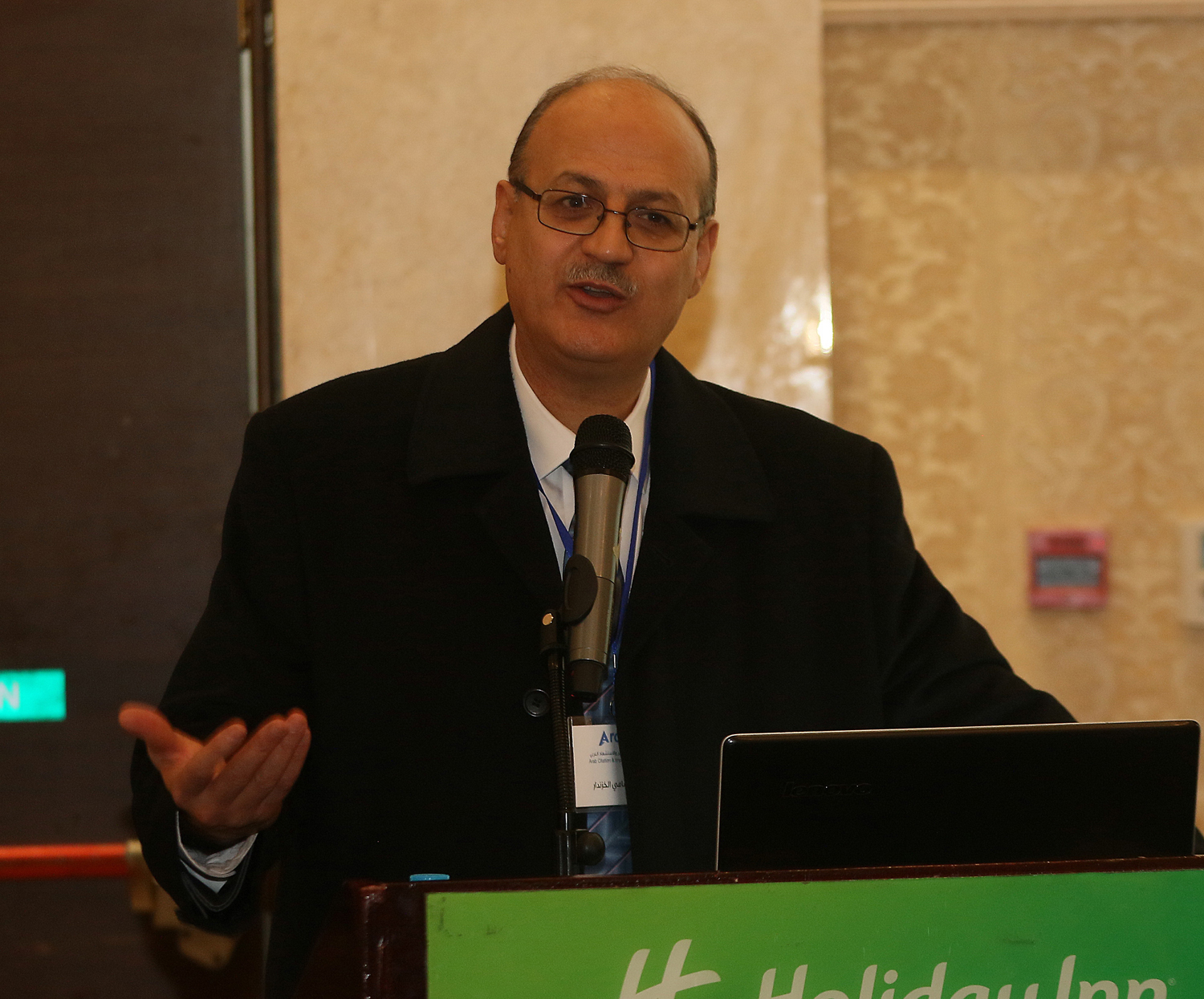
Prof. Sami Al-Khazendar / Founder of e-Marefa Database and ARCIF Initiative
Al-Khazendar, who is also the founder of the largest academic and scientific database in the Arab world, explained that “ARCIF is a regional standard by international standards, capable of measuring the relative importance of scientific and academic journals issued by Arab universities and scientific bodies, both in Arabic and other languages. ” Al-Khazendar went on to describe how ARCIF provides a solution by scientific measurements to “the marginalization of Arab academic production, which stems from Western dominance in the field.”
Al-Khazendar went on to say that one of the challenges facing the Arab academic effort is the lack of confidence in what is produced, which is what called for a mechanism to evaluate and measure it scientifically according to international standards.
The Assistant Secretary General of the Union of Arab Universities Khamis Hamidi then said in a speech during the symposium that the efforts to create academic benchmarks constitute a basis for improving the level and ranking of Arab universities globally. Dr. Hamidi pointed out that the ARCIF initiative has also raised hope in having some Arab contribution to the global humanitarian effort.
ARCIF is the first of its kind serving the Arab world in terms of its international standards, its size and its accuracy. The Vice-President of the University of Jordan, Ahmed Majdouba, in his reading of the ARCIF reports, described the mechanisms of measurement and their importance in the evaluation. He explained that international university rankings had become truly important and were an indication of the quality of performance of institutions, while acknowledging the inability of such rankings to portray the overall effort.
Dr. Majdouba said that what worries Arab universities is the exclusion of the Arabic from the discussion. The universities that lead the rankings are those that publish their work in English, in other words, English-speaking universities. More than half of all Arab academic production is not included in international standards, which makes an Arab scale necessary and a priority for the evolution of the Arab academic landscape, as it highlights the role of these institutions in the world scene.
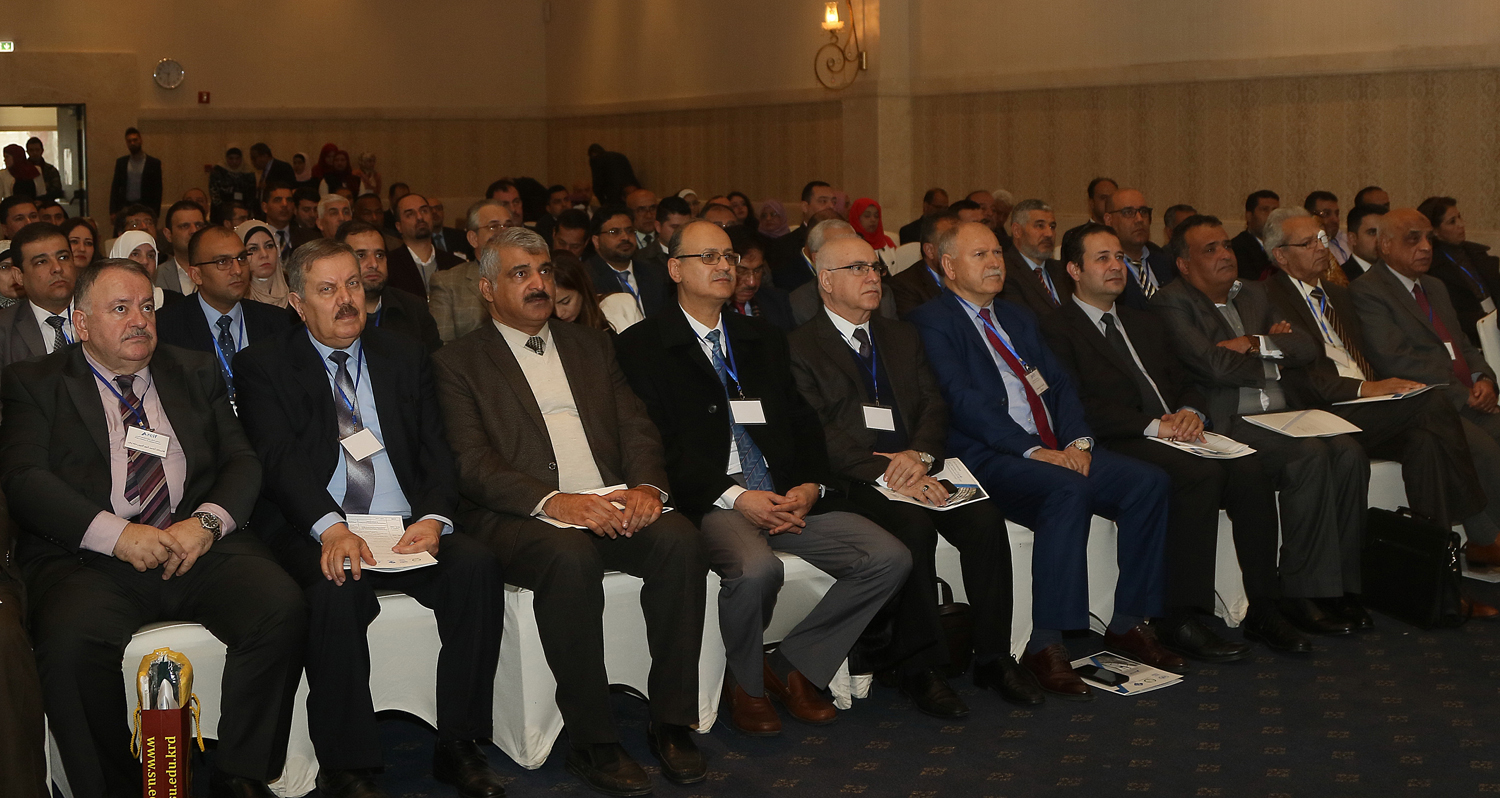
Part of Attendees
From a broader perspective, the Executive Director of the ESCWA Technology Centre, Reem Al-Najdawi, presented a vision of the complex challenges faced by the Arab region, which have led to a number of specialized programs to develop Arabic content in response to challenges and to reach a more hopeful horizon.
Najdawi went on to explain the results of a report prepared by the ESCWA Center for Technology in cooperation with the National Council for Scientific Research which revealed the absence of “community research” to identify the commonalities between community needs and research objectives.
Najdawi went on to explain the results of a report prepared by the ESCWA Center for Technology in cooperation with the National Council for Scientific Research which revealed the absence of “community research” to identify the commonalities between community needs and research objectives.
Najdawi pointed to the report on the “promotion policies”, indicating that “most universities focus on publication in international journals, and do not give value to the relationship of university research meeting the needs of the community.”
Al-Najdawi expressed the aspiration of ESCWA to work and cooperate with e-Marefa and other prestigious academic institutions to contribute to the development of the Arab scientific community and to direct research which addresses the pressing issues of the region in Arabic.
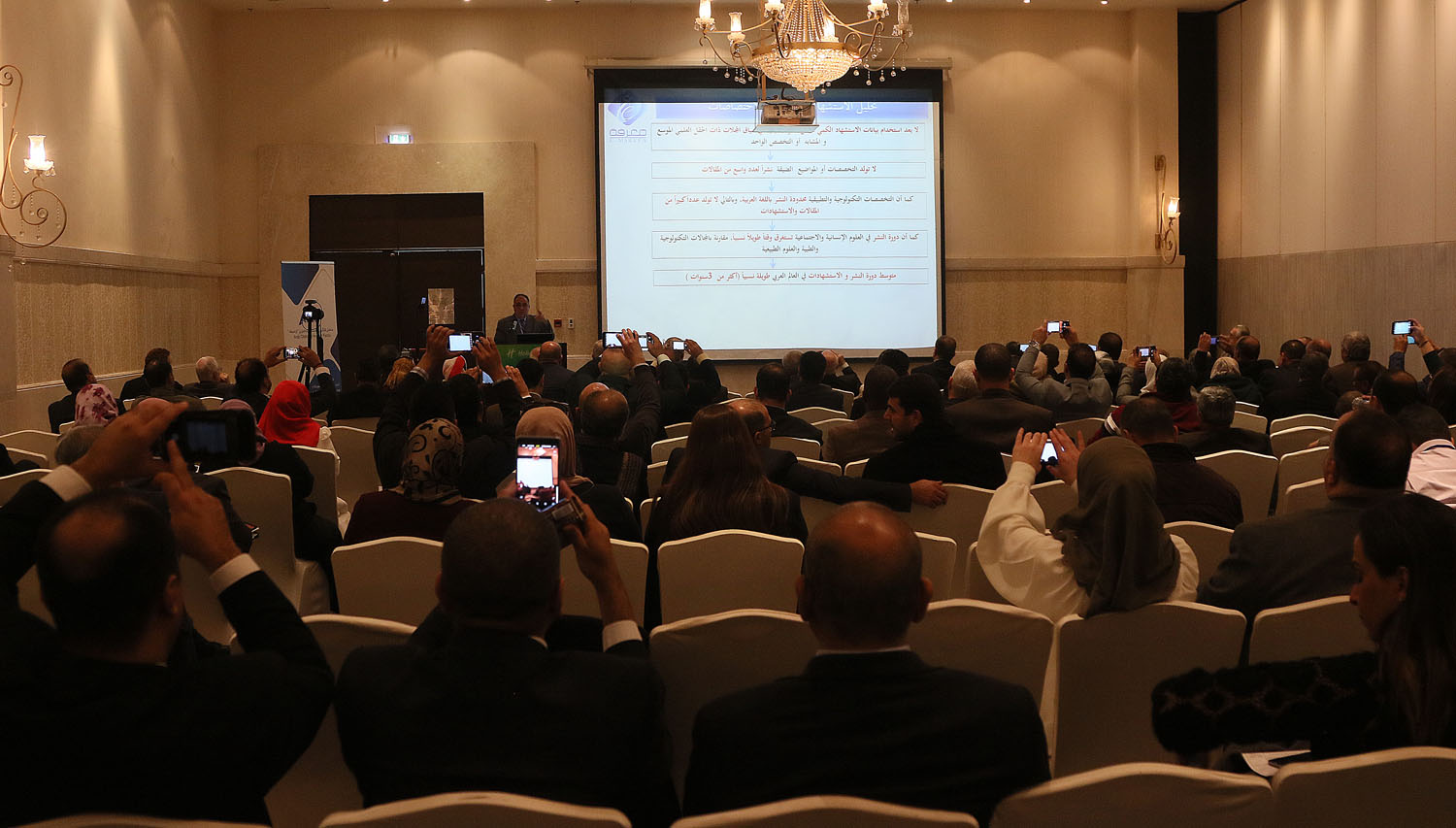
From the Opening Ceremony
Shortly afterwards, the representative of the UNESCO Regional Office for Education in the Arab States, Dr. Anas Bouhalal, spoke on the importance of indicators in the evaluation of Arab universities and academic / research products issued by them. Dr. Bouhalal stressed the importance of academic measurement indicators in the rehabilitation of Arabic research producttion, calling for the integration of efforts to achieve higher goals while praising ARCIF for its role to play in this. Buhallal sees an “integrative model” in properly tending to the Arab academic landscape, “rather than the competitive approach with our Western counterparts”.
A consultant for ARCIF and e-Marefa as well as a knowledge management expert, Dr. Najeeb Al-Shorbaji, shared a presentation of the efforts exerted to create the Impact Factor of ARCIF. Indicating that it was based on a large amount of data operated by e-Marefa, the largest academic database in the Arab world. Dr. Al-Shorbaji pointed out that the analysis of the data showed the nature of the problems that Arab scientific journals may face, their impact on projects and then how to address them.
Dr. Al-Shorbaji went on to explain that the Impact Factor reflects the extent to which new research is linked to previously published research and if it is cited within a given period of time; which in turn shows the average annual number of citations of articles published recently in a journal, according to the equations of calculation supported by global indicators.
ARCIF includes data and results of 60 interdisciplinary and unique academic disciplines spread across 18 Arab countries, provided by their original sources and within transparent criteria.
ARCIF’s reports are presented through an overview of citations, a comparison of journals, as well as information on the authors, in accordance with international standards.
The closing session of the symposium witnessed a brief presentation of the ARCIF annual report for the year 2018, in preparation for its detailed full release.




